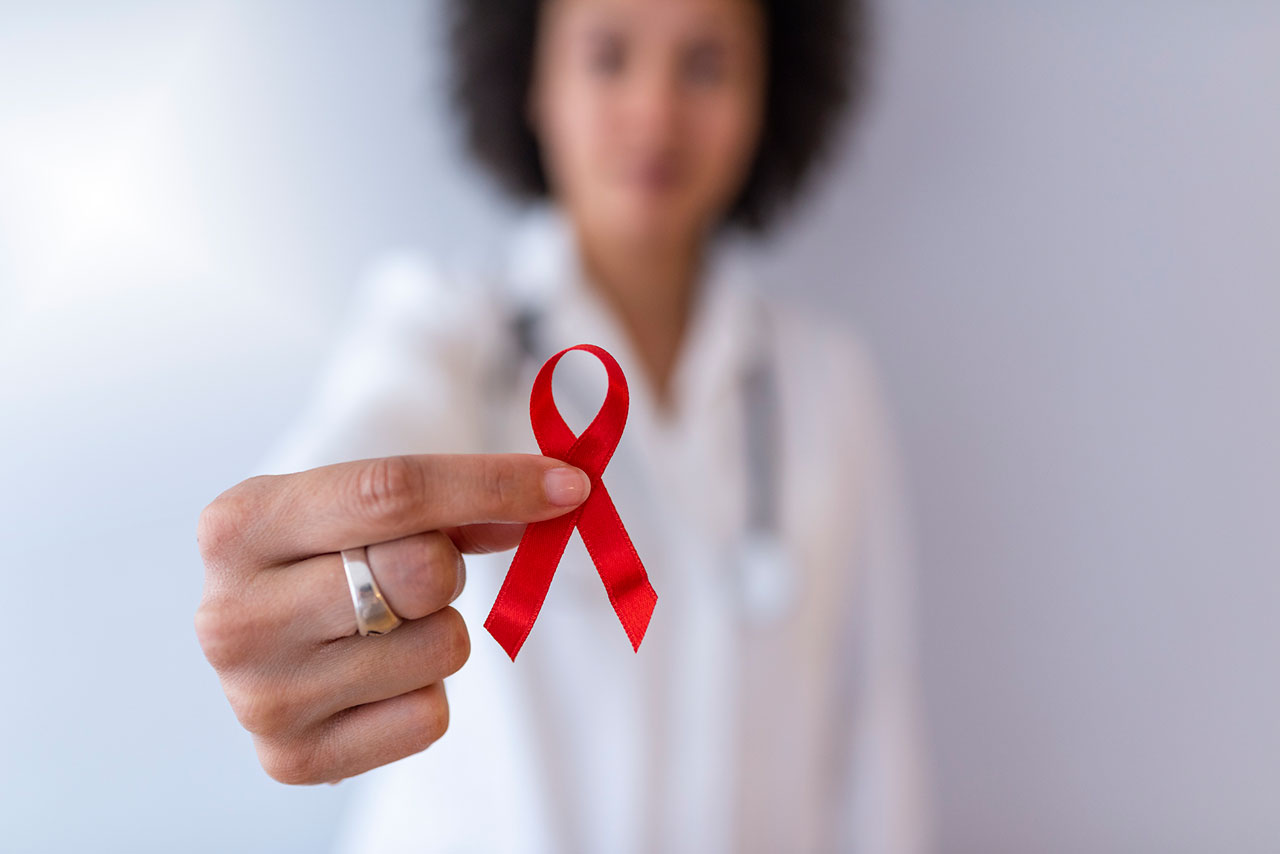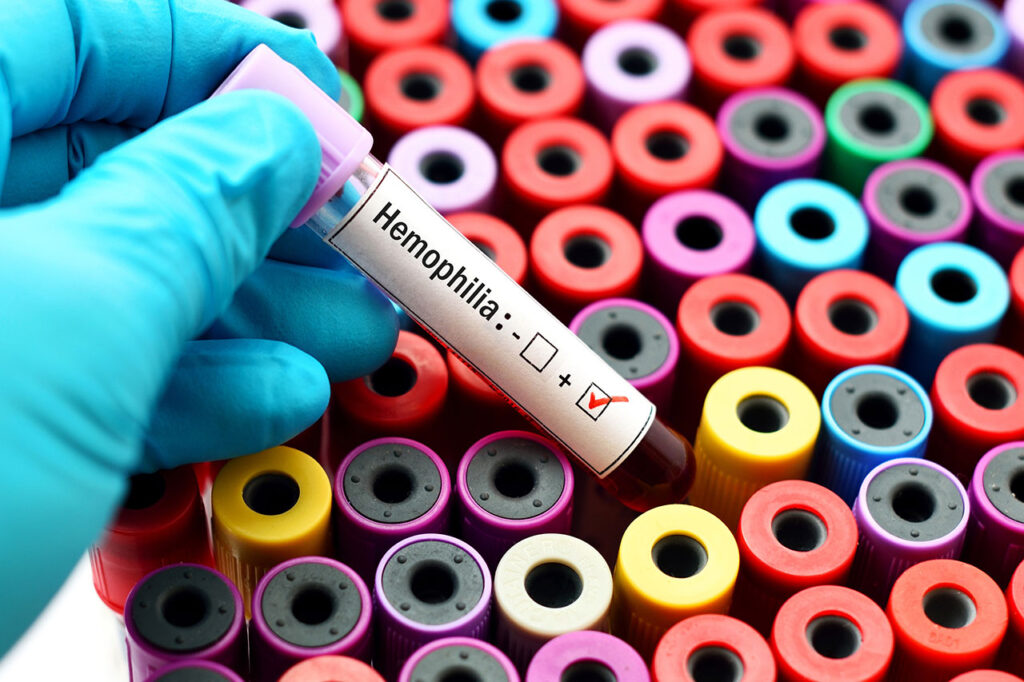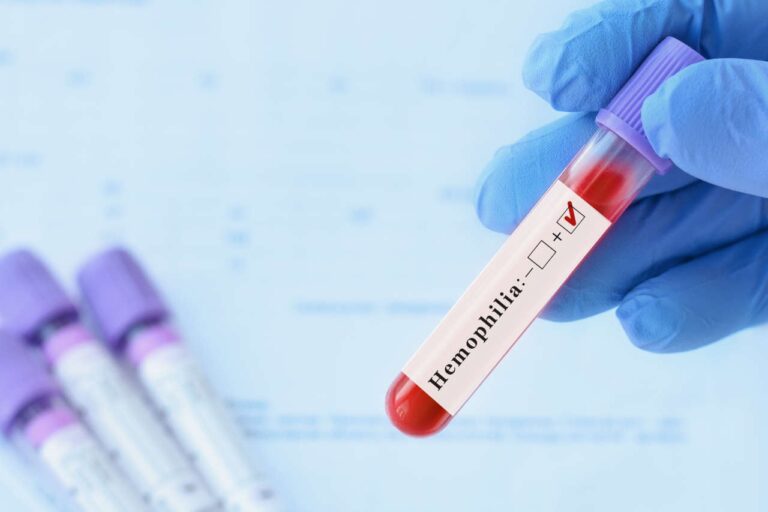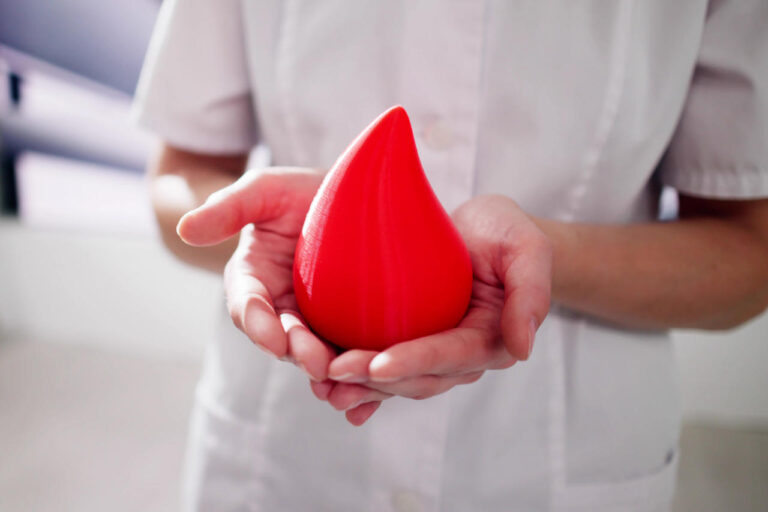
- Acquired hemophilia is a rare autoimmune disorder where the body attacks its own clotting factors, leading to unpredictable and potentially severe bleeding.
- Various factors can trigger this condition, including autoimmune disorders, malignancies, certain medications, pregnancy, and infections.
- Diagnosis relies on laboratory tests to identify the clotting factor deficiency and the presence of autoantibodies.
- Treatment involves controlling bleeding episodes with bypassing agents and eradicating the autoantibodies through immunosuppressive therapies.
Получите финансовую помощь
Acquired hemophilia is a rare and complex bleeding disorder that can emerge unexpectedly, even in those with no prior history of clotting issues.
Unlike the classic forms of hemophilia, this condition develops when the body’s immune system mistakenly attacks essential clotting factors. Early recognition and prompt treatment of acquired hemophilia are vital to prevent life-threatening bleeding complications.
In this guide, we will examine the causes and risk factors of acquired hemophilia. We will also explore available medications and review the challenges that must be addressed. Keep reading to learn more about this condition and how to manage it.
What is Acquired Hemophilia?
Acquired hemophilia (AH) is a rare autoimmune disorder characterized by the development of autoantibodies, also called inhibitors, that target and neutralize clotting factor VIII. This factor is a crucial protein in blood clot formation.
AH occurs in 1.5 per million people each year. It differs from inherited hemophilia, which is a genetic condition present from birth due to a faulty gene.
Despite its rarity, AH is a serious condition that requires immediate diagnosis and specialized care, as it can lead to spontaneous or severe bleeding episodes that can be life-threatening.
Causes and Triggers of Acquired Hemophilia
Autoantibody production against factor VIII is the primary cause of acquired hemophilia. The immune system’s misguided attack against this clotting protein disrupts the body’s ability to form blood clots.
While the exact reason for this autoimmune response is not always clear, it may be triggered by various factors. The ideal treatment for acquired hemophilia may differ based on the triggering cause.
Let’s look at the most common triggers and underlying conditions that may induce AH.
Autoimmune Disorders
Conditions like lupus, ревматоидный артрит, multiple sclerosis, and Sjögren syndrome can predispose individuals to develop acquired hemophilia due to a hyperactive immune system.
Malignancies
Hematologic malignancies such as leukemia, lymphoma, и multiple myeloma, along with solid tumors like lung or breast cancer, have been associated with increased risk of autoimmune hemophilia due to abnormal immune activity.
Лекарства
Certain drugs, including penicillin, interferon, and chloramphenicol, can trigger immune responses that lead to autoantibody formation against factor VIII.
Pregnancy and the Postpartum Period
The postpartum period carries a heightened risk of acquired hemophilia. This increased risk is likely due to immune system adjustments during pregnancy and recovery. However, AH often resolves in these cases.
Infections and Other Triggers
Infections such as hepatitis C and B, respiratory illnesses, and adverse drug reactions can act as environmental triggers, initiating autoimmune responses that target clotting factors.
Idiopathic Cases
In about 50% of cases, no identifiable cause or trigger is found. The disorder arises spontaneously without an apparent underlying condition.
Risk Factors of Acquired Hemophilia
AH can occur at any age in both males and females. However, the following factors can act as contributing causes and increase the risk of acquired hemophilia:
- Age: AH primarily affects older adults, especially people over the age of 65.
- Sex: There is a small increase in incidence for women during pregnancy.
- Comorbidities: Pre-existing medical conditions, such as the ones listed above, can increase the risk of AH.
Поговорите со специалистом
О помощи в оплате доплатSymptoms of Acquired Hemophilia
Autoimmune hemophilia often presents with bleeding that can be spontaneous or triggered by minor events. Unlike the typical joint bleeds seen in inherited hemophilia, bleeding in the acquired form commonly manifests in other areas of the body.
The severity of bleeding can vary widely, from minor bruising to life-threatening hemorrhage. Those diagnosed with acquired hemophilia must receive timely treatment to avoid the severe consequences.
Here is a closer inspection of this condition’s symptoms:
- Typical presentation: Spontaneous or provoked bleeding
- Common bleeding manifestations:
- Muscle bleeds
- Nosebleeds (epistaxis)
- Bruising and ecchymoses
- Spontaneous subcutaneous hematomas
- Bleeding in the gastrointestinal and urogenital tracts
- Severe cases:
- Intracranial hemorrhage (potentially life-threatening)
How is Acquired Hemophilia Diagnosed?

Diagnosing acquired hemophilia requires a thorough understanding of its causes and comprehensive clinical evaluation with specific laboratory tests.
Most healthcare teams rely on a combination of the following assessments to diagnose the disease.
Laboratory Tests
- Prolonged aPTT with normal prothrombin time: This indicates a problem in a specific part of the clotting pathway.
- Mixing studies to differentiate deficiency vs. inhibitor: This test helps determine if the issue is a missing factor or an antibody blocking it.
- Factor VIII activity measurement: This measures the functional level of the affected clotting factor.
- Inhibitor titer determination (Bethesda units): This quantifies the strength of the autoantibody.
Get Copay Assistance Now
Additional Assessments
- Underlying cause investigation: Healthcare providers look for any associated medical conditions or triggers that may have induced acquired hemophilia.
- Rule out other bleeding disorders: Tests are performed to exclude other potential causes of bleeding.
Acquired Hemophilia Treatments
Managing AH requires a two-pronged approach: controlling bleeding episodes and eradicating the autoantibody causing the condition.
Treatment is highly individualized and tailored to each patient’s bleeding severity and inhibitor levels. It often involves hemostatic agents and immunosuppressive strategies to restore coagulation function.
Here is an overview of the current hemophilia medications and treatment strategies healthcare teams recommend.
Managing Bleeding Episodes
Controlling bleeding is a critical first step in managing acquired hemophilia. The approach depends on the severity and location of the bleeding, with prompt intervention necessary for major events.
Minor Bleeding
For people experiencing minor bleeding or those with low inhibitor titers, observation and avoiding invasive procedures may be sufficient. Discontinuing medications, such as aspirin or ibuprofen, that can worsen bleeding is also important.
In cases of low inhibitor titers (typically ≤5 Bethesda units [BU]) and factor VIII levels above 5%, desmopressin (DDAVP) may be used. This medication can temporarily increase factor VIII levels and help control minor bleeding episodes.
Major Bleeding
For severe bleeding episodes, bypassing agents are often the first-line treatment. These therapies circumvent the need for functional factor VIII to promote clotting at the bleeding site in those with acquired hemophilia.
Recombinant activated factor VII (rFVIIa), such as NovoSeven RT, is a bypassing agent. This approved treatment for acquired hemophilia is a genetically engineered protein that helps initiate clotting and is generally well-tolerated.
Activated prothrombin complex concentrate (aPCC), like FEIBA, is another bypassing agent. It contains activated clotting factors that bypass the factor VIII deficiency to form a clot. Antifibrinolytics such as epsilon-аминокапроновая кислота can be used alongside bypassing agents to stabilize clots.
Porcine FVIII, such as recombinant porcine FVIII (rpFVIII) like Obizur, is another option. It is a recombinant form of factor VIII derived from pigs. It is often not inhibited by human factor VIII autoantibodies.
Eradication of the Inhibitor
Eliminating the antibodies that cause acquired hemophilia is crucial for its long-term management. Doctors achieve this elimination through immunosuppressive therapies, such as:
- Corticosteroids (Prednisone): Prednisone at 1 mg/kg/day is a first-line immunosuppressant for acquired hemophilia. It reduces inhibitor titers and promotes immune tolerance.
- Cyclophosphamide: This alkylating agent is used in combination with corticosteroids to accelerate inhibitor eradication. It modulates immune responses and increases the likelihood of achieving remission.
- Rituximab: This anti-CD20 monoclonal antibody is used either as first-line therapy in combination with other agents or as a second-line option for those who do not respond to initial treatment. It targets B cells, which produce the autoantibodies.
Emerging Treatments for Acquired Hemophilia

Several promising agents are under investigation. These agents focus on more targeted ways to manage acquired hemophilia. Some of these emerging treatments include:
- Bispecific antibodies mimic factor VIII to promote clotting without needing the factor.
- Engineered cofactor mimetics enhance clotting independently of factor VIII.
- Recombinant porcine FVIII provides a targeted replacement with less susceptibility to human antibodies.
These advancements offer hope for more effective and convenient treatments in the future.
Получите финансовую помощь
Challenges in Treating Acquired Hemophilia
Managing AH has several challenges, such as:
- Delayed diagnosis causes uncontrolled bleeding and increased risks.
- Complex treatment in the elderly or individuals with comorbidities requires careful risk balancing.
- Bypassing agents pose a thrombotic risk, especially in older adults with acquired hemophilia.
- Immunosuppressive therapy causes side effects like infections and organ toxicity.
- There is the possibility of relapse, which necessitates long-term monitoring.
Future studies should address these challenges and make living with AH more manageable.
Manage Hemophilia with AmeriPharma® Specialty Pharmacy
AH is a rare but serious condition that can have life-threatening consequences. While the exact causes of acquired hemophilia are unclear, understanding its symptoms and treatments can help affected individuals manage it better.
If you or someone you care for is diagnosed with acquired hemophilia, AmeriPharma® Specialty Pharmacy is here to help. Our URAC-accredited specialty pharmacy provides access to hard-to-find medications for those with complex conditions such as AH.
Связаться с нами today to get started and receive AH treatment with full-service coordination, помощь в доплате, and 24/7/365 support.













